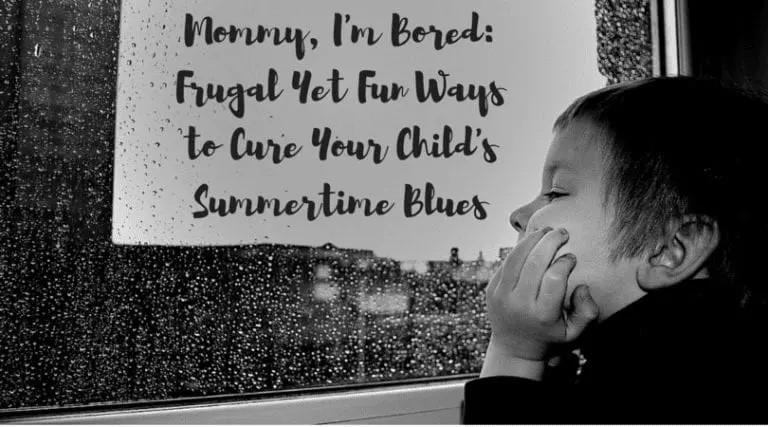Healthy Behaviors How to Model Them for Your Kids

Parenting isn’t easy. From the moment your child is born, you are the protector and provider for this tiny human being. Accompanying that wonder was intense sleep deprivation and, likely, a sense of feeling overwhelmed. How can I raise a human being?
Parents have a common thought. I can’t get my own life on track! How can I help a child get their life on track? As parents, just how can we pull this off? It gets harder when there’s more than one child. With so much to think about, take care of, and figure out, parenting can feel like life’s biggest challenge.
The good news is, you’d don’t have to be a rocket scientist to parent well. You just have to set a strong example for your kids. While that might sound like a monumental task, it’s easier than you might think. Parenting can make us feel helpless, in part, because we have little control over the people our children become. We do, however, have complete control over the people we become.
Consider this quote from Brene Brown. “First and foremost, we need to be the adults we want our children to be. We should watch our own gossiping and anger. We should model the kindness we want to see.”
“Do as I say, not as I do” doesn’t tend to work out. If you want your daughters to be secure and assertive, your sons to be empathetic and considerate, you’ll need to model those behaviors yourself. Parenting is less about doing the right things, and more about being a healthy role model. If you start to shift some of the focus from your kids to yourself, you might be amazed at the changes you see in your family.
But what behaviors should you model? And what if you’re afraid that, right now, you’re the furthest thing from a healthy role model?
It’s never too late to start working on yourself, so whether you find a mentor, good books, or a therapist, you can start completing your inward journey. When you model these healthy traits for your kids, you help prepare them for a better life.
The first behavior, asking for help, is one your kids should see on a regular basis. If you’ve never seen a therapist, confessed your worst failings, or turned to friends for support, then your kids might grow up in the same kind of psychological isolation. “Keep it secret, keep it safe” should never be applied to your needs. Being vulnerable, asking for help, and relying on others is an important life skill, one that your kids should practice from an early age.
Every move you make should empower your kids to ask for help. Did you sprain an ankle? Ask friends to come over to help you clean or cook. Get into a car accident during a trip to Alberta? Speak with a personal injury lawyer in Edmonton about getting financial compensation, instead of shouldering your injury in silence. Are you dealing with a family death? Seek friends on a regular basis, and if you see a grief counselor, make sure your kids know about it. The more they see that you’re willing to get help with life’s problems, the easier it will be for them to say, “I can’t do this alone right now.”
Another behavior you should try to model for your kids is trust in your ability to get things done. While it might seem like the opposite of asking for help, they both have their place in life. You might feel tempted to panic when things go wrong; you might feel helpless about certain life situations. While things can get frightening in any life, there’s no grim inevitability to the way things turn out. You always have power in your life, and while you can’t always turn a situation around completely, you can do and say something to make it better. Demonstrate that proactive attitude to your kids. When you replace panic with proactiveness, your kids see it, and they learn that no situation can get the better of them.
The love of learning is another behavior you should be modeling for your kids and it’s one of the easiest ones to achieve. Learning doesn’t stop at the end of high school or college, and an excitement for knowledge should follow you your whole life. You might not be into history, but you love learning new craft projects. You might not thrive on psychology, but you love learning about archeology.
When your kids see your passion for learning, they’ll realize that new discoveries last a lifetime. You can model your love of learning in a few ways: you could take the time to learn a new language and show your kids that life and education is a never-ending journey. Share a little of what you’ve been reading about over dinner, or bring them along to museums and pass on your enthusiasm for science, history, or culture.
Last but not least, you should model responsibility for your kids whenever you can. If you have the ability to avoid tough situations, your kids will pick up on it. You’d never want to be the parent who couldn’t work a real job but instead had to hop from odd projects like window washing or Christmas tree chopping because they didn’t want to shoulder a real load. If you know you have a problem with procrastination, start working on tackling your problems head-on.
Your finances are a key area where you can demonstrate responsibility to your kids. Do you own a house you can’t really afford? Spend too much on stuff you don’t need? Use the credit card when no money is in the bank? Don’t be afraid to live lean and show your kids the value of financial responsibility. Be the parent who knows trading strategies for the stock market and not the parent who can’t balance a checkbook.
When you model healthy, appropriate behaviors for your kids, you don’t have to worry as much about the parenting job you’re doing. If, as they say, everyone is afraid of turning into their father or mother, be a role model you wouldn’t mind your children turning into. Keep working on becoming a healthy person, and the rest will follow.
Similar Posts:
- Ways To Find Relief From Parenting Anxiety
- 4 Developmental Tips for Parents
- Teaching Your Kids To Make Better Decisions In Life
- Parenting Your Kids
- 5 Ways For Parents To Find Good Influences For Their Children







